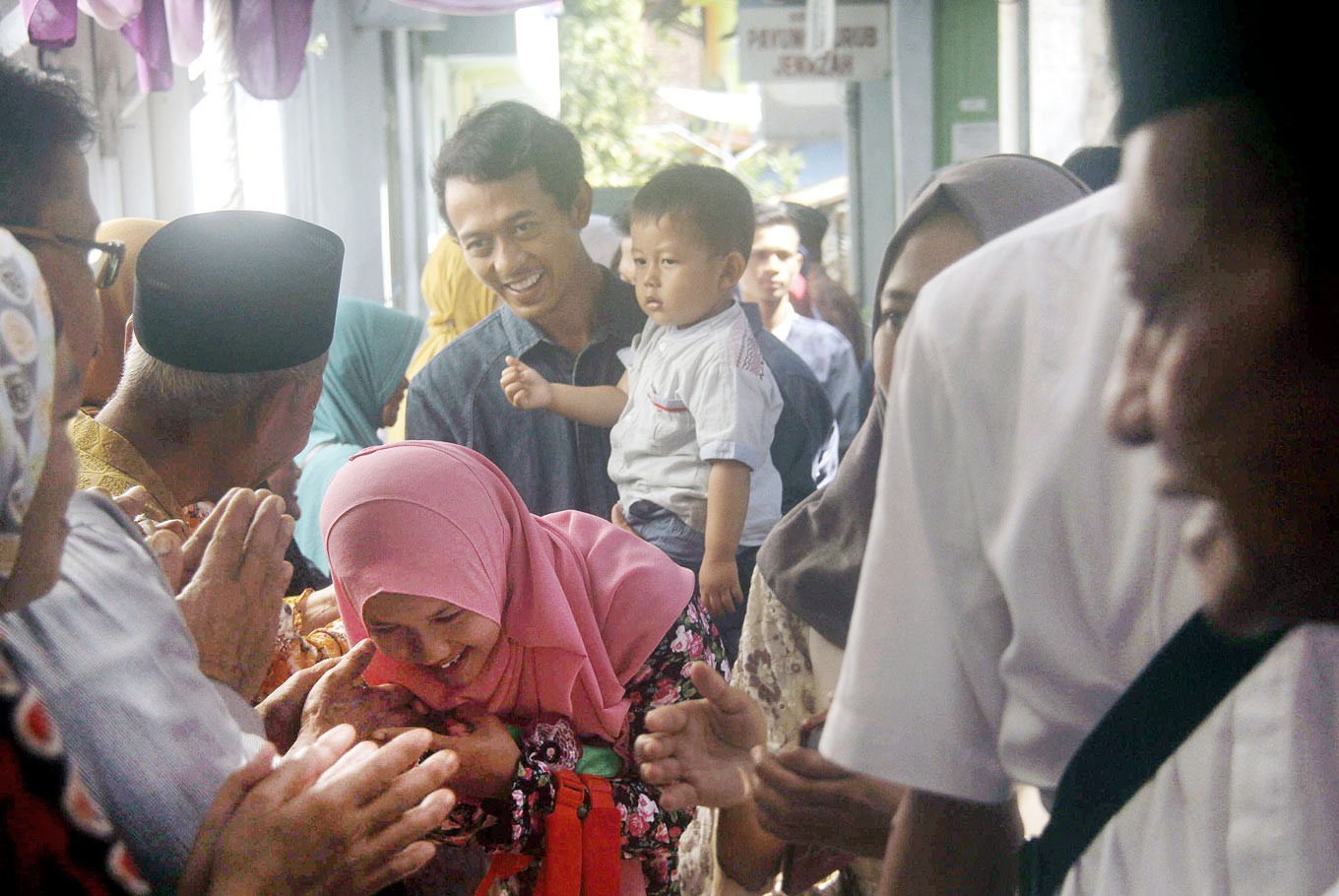Popular Reads
Top Results
Can't find what you're looking for?
View all search resultsPopular Reads
Top Results
Can't find what you're looking for?
View all search resultsThe quality of life of Asian families in an aged society
Governments need to devise new welfare programs for the region's aging population, as Asia's traditional family unit has evolved to include a growing number of households without children.
Change text size
Gift Premium Articles
to Anyone
T
he United Nations estimates that by 2050, the growing population of older people in Asia and the Pacific will reach 1.3 billion, or one-quarter of the region’s population. This phenomenon will have an impact on the quality of life among Asian families.
The term “quality of life” is defined by the World Health Organization as “an individual’s perception of their position in life in the context of the culture and value systems in which they live and in relation to their goals, expectations, standards and concerns”. While quality of life is an important indicator to measure the level of development of a country, an aged society will result in serious obstacles among older persons, such as income insecurity and high healthcare costs.
According to Asian cultural values, younger family members are responsible for taking care of their aging parents or relatives. But over the last few decades, the elderly population has been growing faster than the working age population, so it appears that there are not enough members of the younger generation to care for their aging relatives.
In Asia, elderly people traditionally live in an extended family, which consists of more than two generations of one family living together.
Over time, the family unit has transformed from an extended family into a nuclear family of parents and their children, from a nuclear family into a double income, no kids (DINK) household, and then from a DINK household into a single income, no kids (SINK) household.
The change in family structure is affecting the quality of life of people in the region, and the following issues will affect Asian families in an aged society.
First is income. In developing countries, the concept of “getting old before getting rich” means aging people have insufficient income after retirement. They must rely on other family members. But the people in DINK and SINK family units do not have children, so they might need to continue working to have a sufficient income.



















